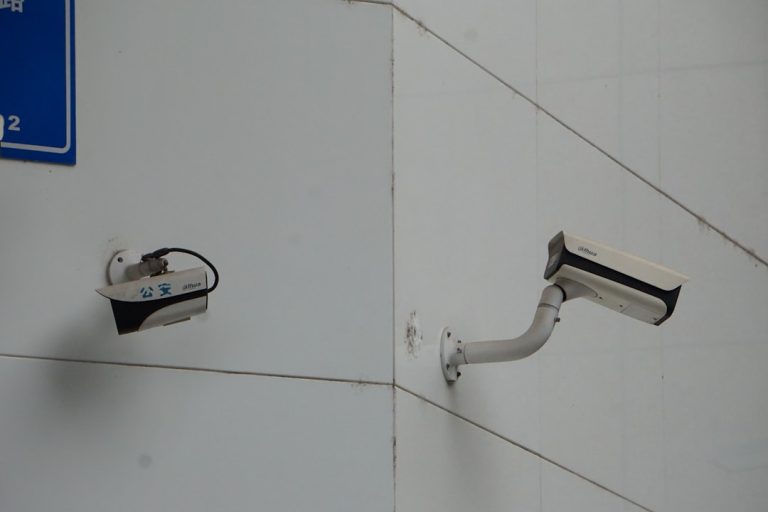Credit Monitoring Protection
Protecting your credit is crucial for maintaining financial health. Credit monitoring services can help you keep track of your credit report and alert you to any suspicious activities that could indicate fraud or identity theft. In this guide, we will discuss what credit monitoring is, why it’s important, how it works, and the best practices for choosing a credit monitoring service.
What is Credit Monitoring?
Credit monitoring is a service that tracks changes to your credit report from the three major credit bureaus – Equifax, Experian, and TransUnion. It helps you stay informed about your credit score, new accounts opened in your name, late payments, and other activities that could impact your creditworthiness.
Why is Credit Monitoring Important?
Monitoring your credit regularly can help you detect errors on your credit report, unauthorized accounts opened in your name, or signs of identity theft early on. By identifying these issues promptly, you can take steps to rectify them and prevent further damage to your credit score.
How Does Credit Monitoring Work?
Credit monitoring services use advanced algorithms to scan your credit report for any changes or suspicious activities. They send you alerts via email or mobile notifications whenever there is a significant change detected on your report. Some services also offer credit score tracking and identity theft insurance as part of their packages.
Choosing the Right Credit Monitoring Service
When selecting a credit monitoring service, consider factors such as cost, features offered, customer reviews, and the reputation of the company. Look for services that provide real-time monitoring, identity theft protection, and access to your credit scores from all three bureaus.
Popular credit monitoring services include IdentityForce, LifeLock, Experian IdentityWorks, and myFICO. Compare their pricing plans and features to determine which service best suits your needs and budget.
Best Practices for Credit Monitoring
To make the most of your credit monitoring service, follow these best practices:
- Review your credit reports regularly to check for inaccuracies or unauthorized activities.
- Set up alerts for any significant changes to your credit report.
- Monitor your credit score to track improvements or declines over time.
- Keep your personal information secure and avoid sharing sensitive data online.
- Act quickly if you notice any suspicious activity on your credit report.
By staying vigilant and proactive with credit monitoring, you can safeguard your financial well-being and protect yourself from potential fraud or identity theft.






